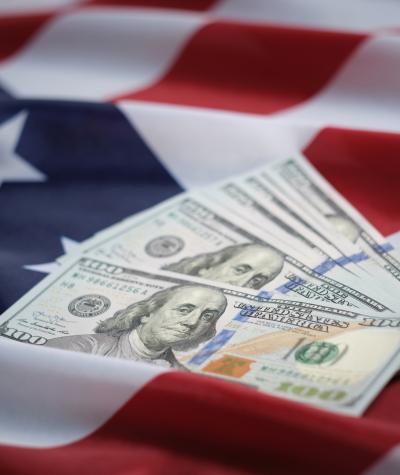A new report from Campaign Legal Center (CLC) examines one of the main issues undermining voters’ ability to equitably and meaningfully participate in our democracy: Unchecked coordination between candidates’ campaigns and supposedly independent election spending groups, like super PACs and dark money nonprofits, which pour billions of dollars into elections.
Over the past decade, a substantial and growing proportion of the money spent to influence elections has come from “independent” groups, which, under the U.S. Supreme Court’s 2010 decision in Citizens United v. FEC, are permitted to raise and spend an unlimited amount of money on elections but cannot coordinate their activities with candidates’ campaigns or political party committees.
But this “independence” is frequently an illusion: As CLC’s report explains, super PACs and dark money nonprofits have regularly skirted or defied the law to coordinate with candidates’ campaigns and political party committees. Coordination has, in fact, become commonplace.
Many people, even some who may be familiar with the rules, practices, and concerns regarding money in politics, might not know why and how coordination has become so common, what it actually looks like, and what can be done about it.
CLC’s report discusses how campaigns, political parties, and super PACs use “redboxing” to coordinate their plans and goals through websites and social media platforms. They use intermediaries like common vendors and former staffers to share strategic information, and allies set up and run super PACs in accordance with candidates’ wishes.
Players on both sides of the “wall” that supposedly stands between campaigns and independent groups gather at super PAC fundraisers where the candidate, appearing as a “featured guest,” can mingle with the billionaires and corporate executives needed to finance the super PAC backing their candidacy.
The Federal Election Commission (FEC), the government regulatory agency that is responsible for enforcing federal campaign finance laws, has done almost nothing to stop any of this. It virtually never enforces its own coordination rules and has failed to revise those rules by not closing well-known loopholes or addressing new coordination tactics.
Congress has likewise done nothing to either fix the law or direct the FEC to confront this glaring problem. Savvy political actors are well aware of this enforcement vacuum and routinely exploit it.
Because billions of dollars in “independent” election spending are frequently not independent in any real sense, the special interests — such as corporations and billionaires — that provide this money are often effectively subsidizing candidates’ campaigns.
That means elected officials may enter office strongly beholden to the wealthy benefactors who donated generously to the “independent” groups that advanced their candidacy.
This ends up hurting ordinary Americans. Special interests that pay big money are frequently rewarded with influence and preferential treatment from lawmakers, which can dramatically impact crucial policy choices.
And special interests’ policymaking clout means their goals are prioritized above those of everyday voters — particularly women and people of color — preventing voters from equitable and meaningful participation in the political process.
Stopping coordination will require updating the federal coordination rules to close loopholes — a job for either Congress or the FEC — and making a serious effort to investigate alleged violations and enforce the law. CLC’s report identifies potential policy solutions, takes a look at the prospects for reform at the federal level, and examines recent coordination initiatives adopted by state and local regulators.
When super PACs and dark money nonprofits coordinate with candidates and parties to pour billions of dollars into elections, they drown out the voices of voters and elevate the power of special interests. Reforming the campaign finance system to end coordination must become a real priority among both politicians and voters.

